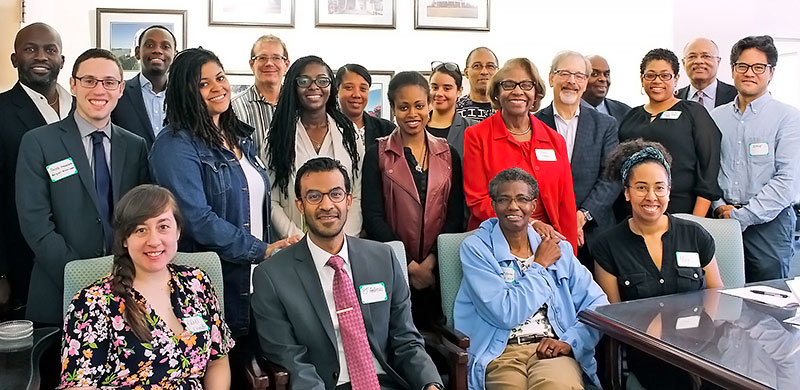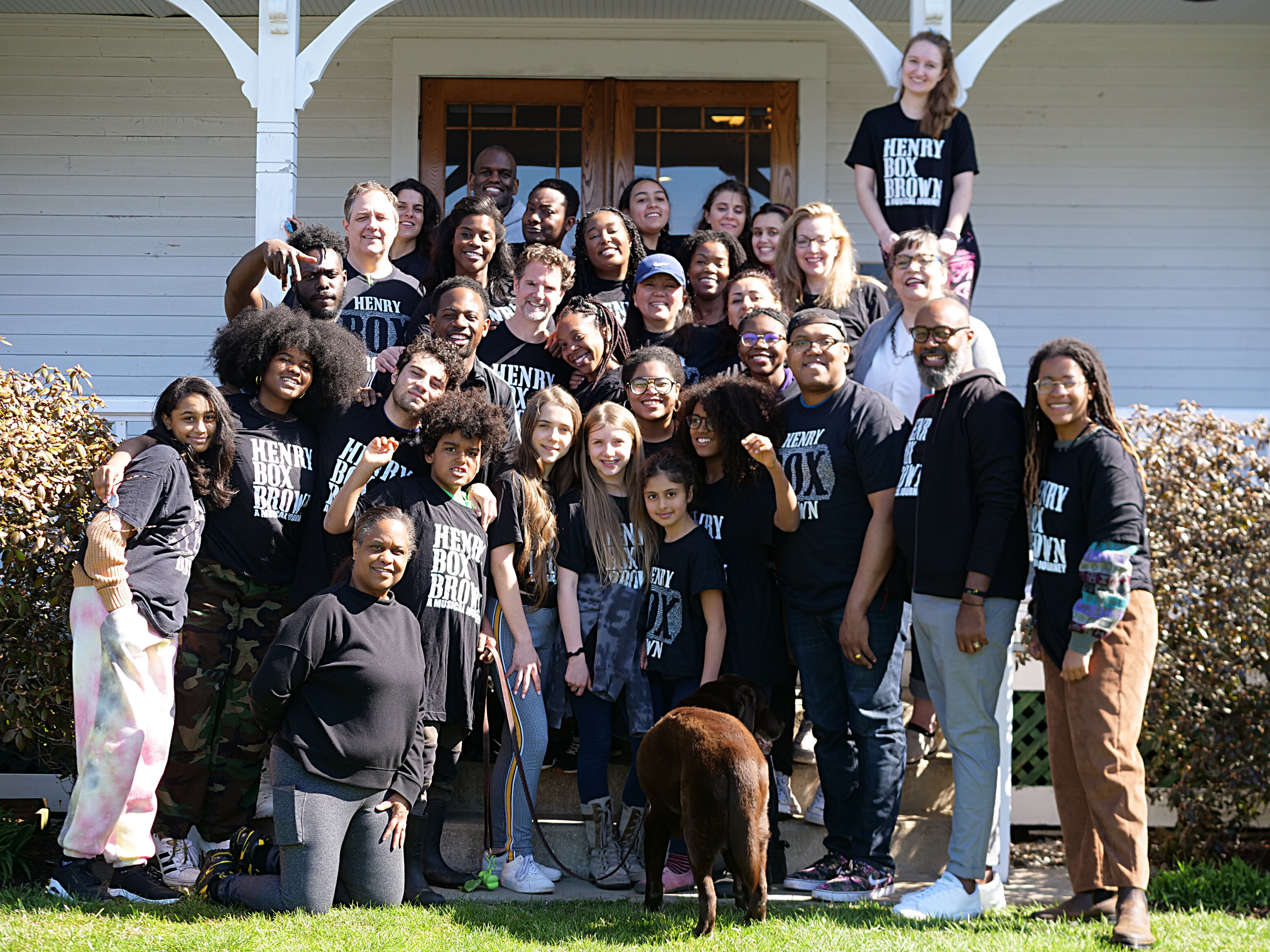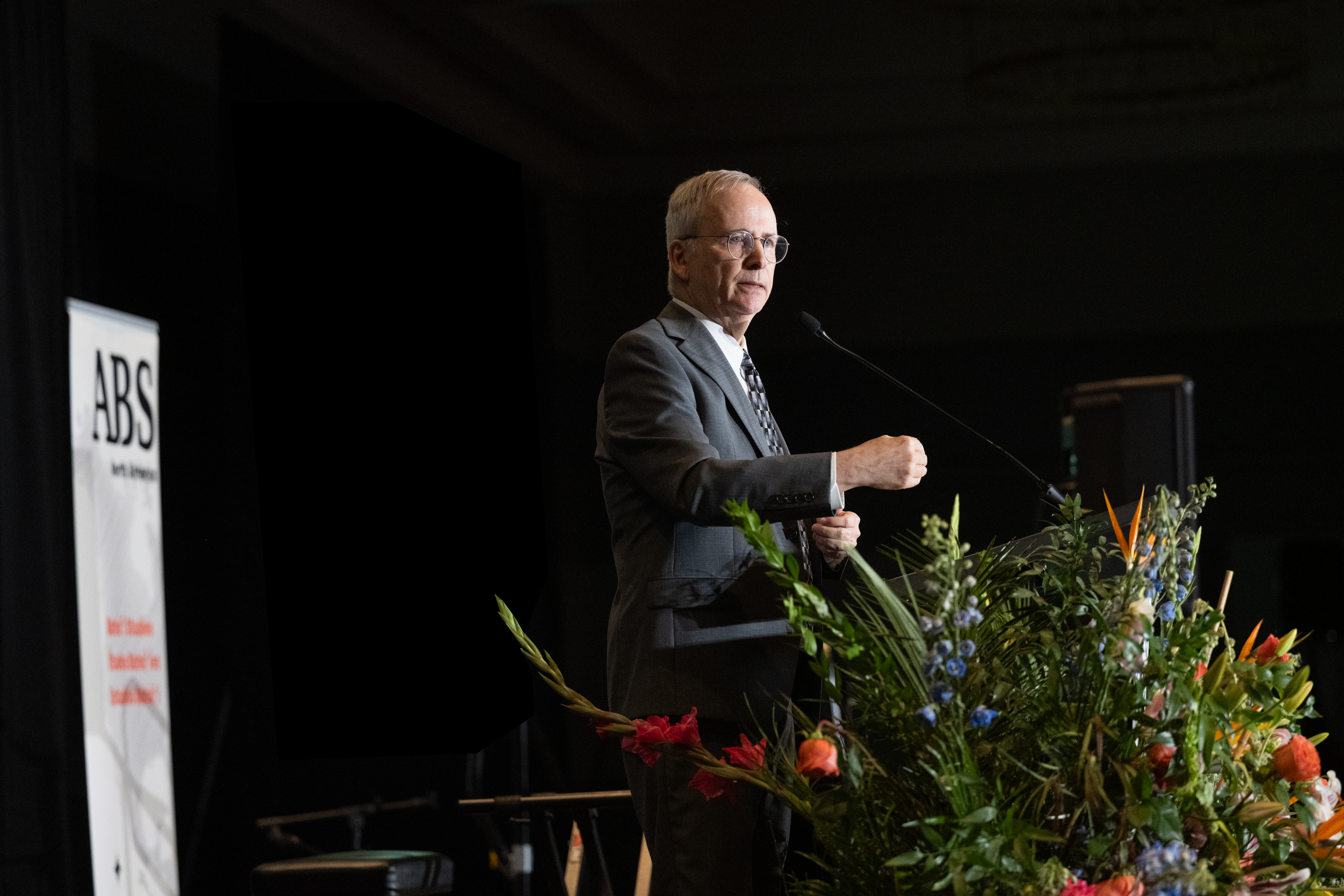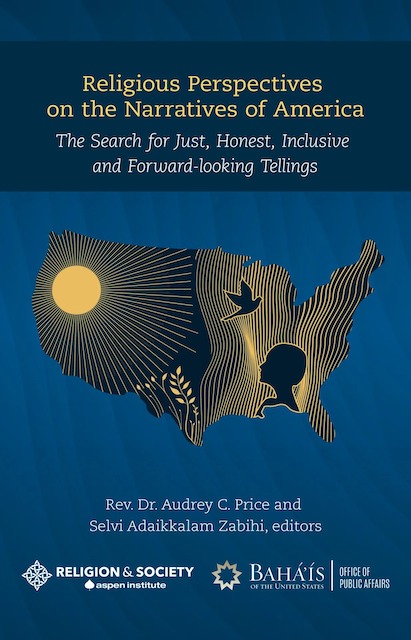
National race discourse effort aims to learn about transcending division, building unity

Baha’i writings on the path toward racial unity can look simple. “Be as one spirit, one soul, leaves of one tree, flowers of one garden, waves of one ocean,” ‘Abdu’l-Baha urged Baha’is and others on his visit to the United States in 1912.
Still, an honest look at American society shows glimpses of how complex it is to begin putting those teachings into practice in a way that tangibly benefits populations.
To learn ever-more deeply about bringing Baha’i ideals of unity and justice into the national conversation on race, about a year ago the National Spiritual Assembly of the Baha’is of the United States appointed a team of race discourse officers. They operate within the Baha’i Office of Public Affairs (OPA) in Washington, DC.
The Universal House of Justice, global governing council of the Baha’i Faith, encourages Baha’is to work with others to “transcend the languages and practices in society that have resulted in an intractable divide, unite on the basis of commonly held ideals and principles, and work together for a social order free of prejudice and characterized by unity in diversity.”
Race discourse officers PJ Andrews and May Lample say those aims energize their efforts.

The team has already started participating in social spaces where racism is discussed, building relationships with a wide variety of people, and generally learning how to read the national discourse on race. “We want to keep our finger on the pulse of that discourse,” Andrews says.
Lample says the team has a vision of creating a “learning community” that works to create unity through new patterns of thought and action. “We have an opportunity to learn to share Baha’i principles in a way that is relatable to everyone,” she says.
Part of this continuing process will be the convening of a national conference on race unity, as the National Assembly envisioned in 2017 — a space where people active on the national level can share learning and connections. This process will continue in parallel with the general Baha’i community’s efforts to address racism through community building, social action and participation in discourse.
Definitely a long-term task — especially considering how difficult is for many people to dissolve an ingrained, often unconscious sense of superiority, and for others to move beyond deep-seated suspicions stemming from centuries of mistreatment.
Many Americans are all too familiar with the symptoms: economic injustices, imbalances of social privilege and legal protection, social segregation, conflicts over political priorities, and more. Such social ills strain the trust that is essential for the understanding and empowerment that foster a stable society.
With those and other factors in mind, the race discourse officers will be learning to elevate discourse and improve practice as they work with others in search of effective solutions.
Among important themes for learning:
- How is history told and understood in the United States? Andrews elaborates: “How do we understand our history and not be limited by it? How do we move forward constructively?”
- What is the relationship between justice and unity? “Baha’i teachings emphasize that those forces must strengthen each other, but in many existing spaces it’s “as though these two are pitted against each other,” Andrews notes.
- What can we learn about the roles of individuals, communities and institutions in reshaping society toward justice and peace? The “truth and reconciliation” movement is one example of efforts toward that end. The race discourse officers have been engaging with people taking part in constructive dialogue efforts, aimed at lasting healing, in such places as Greensboro, North Carolina, and Montgomery, Alabama.
More themes will emerge over time. As part of the learning process, the team is following a few lines of action, identified by the Office of Public Discourse at the Baha’i World Center as particularly helpful capacities to build at the national level:
Reading the reality of society and its discourses on race. This includes not only visiting cities as described above to learn about current programs, but also discovering how people in various parts of society are talking about race.
Entering established social spaces, such as conferences and workshops. A wide variety of opportunities are open for Baha’i participation, Andrews notes — not just groups that study the dynamic between white and African-American communities, but also institutes for studies concerning Native Americans, Asian Americans and Latin Americans.
Developing sincere friendships with people active in social justice work. Working with others over a number of years, OPA has found a nucleus of groups “with whom we can build relationships and who are interested in engaging with us,” Lample says. Those collaborations help the office participate effectively in high levels of discourse.
Convening spaces for a variety of people and agencies and creating content to stimulate sharing of thoughts. Right now the most active Baha’i-sponsored space is the Dialogue on Faith and Race, which OPA hosts every three months. While that attracts about 20 participants in an average session, “about 50 organizations are loosely part of the community that we bring together,” Andrews says. Usually the content that starts conversations at those gatherings is in the form of a document or white paper, but the team is looking at learning to create podcasts and videos for a wider audience.
Learning how to engage small, knowledgeable groups of Bahá’ís. The race discourse team has started conversations with Baha’is across the country who have expertise and experience taking part in the national discourse on race. “This aspect of our work will likely grow and develop as the American Baha’i community continues to gain more experience in translating the writings of Baha’u’llah into action and the power to articulate what it is learning,” Lample says.
Also hear: Podcast of an interview with the race discourse officers on Baha’i World News Service





